Strategic vs Financial Buyers: Who To Sell To?
When selling your business, keep in mind the two kinds of buyers you can sell to: strategic or financial.
A strategic buyer is a company in your industry or related industry that wants to acquire your company for strategic reasons such as increasing market share, achieving economies of scale or entering into a new market. Most mergers occur when a company buys out a smaller competitor or niche player in the same industry.
Strategic Buyers: Pros & Cons
Strategic buyers differ from financial buyers in that they intend to integrate the new company with their existing business. For example, a regional bank might acquire a small independent bank outside its territory to expand its footprint. Its motivation for buying it isn’t purely financial like a private equity firm, which can lead them to make higher offers. However, a seller must be mindful when working with a strategic buyer, as the table below shows:

While the appeal of a strategic buyer offering more cash upfront is clear, one must be mindful of the downside scenarios. Alternatively, financial sponsors tend to offer business owners a path to maximize value alongside them.
Financial Buyers: Pros & Cons
While strategic buyers are interested in integrating sellers into their existing corporate entity, financial buyers are more interested in growing profit in the short term in preparation for an eventual sale. Naturally, this goal impacts the experience of the seller. To summarize:
When working with a private equity (PE) firm, you may have to wait longer to get paid, but the potential reward down the line could be bigger. This is why PE firms usually pay higher sale prices (cash + equity) than strategic buyers. In the last five years, this difference has become even more noticeable.
Regardless of the type of buyer, it's crucial to have a reliable M&A advisory firm to negotiate the deal. This is especially important when dealing with PE firms, which can be more complex.
Source: First Page Sage, Insead.

